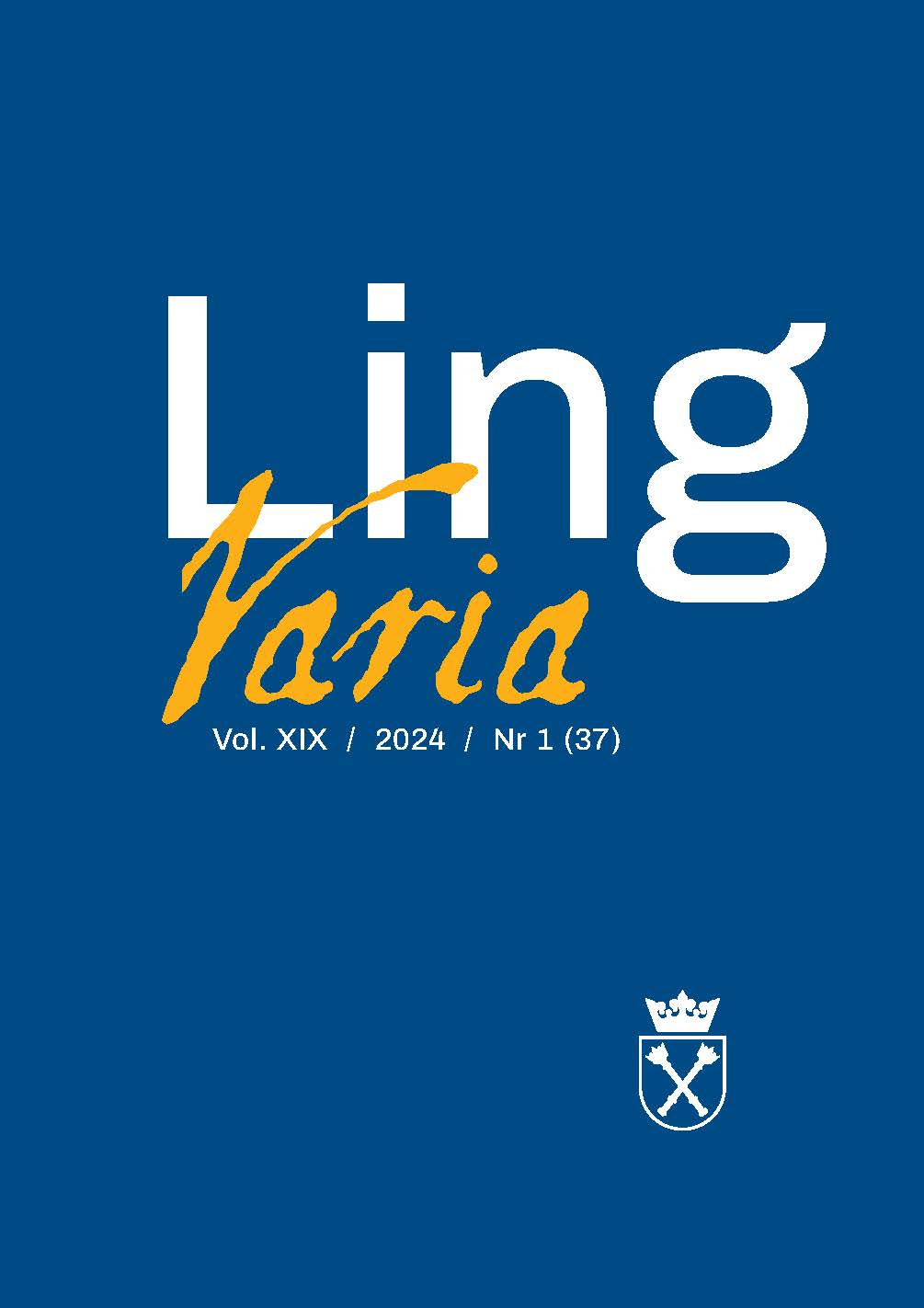Investigating Predicate Types and Mood Selection in Polish Complement Clauses
Investigating Predicate Types and Mood Selection in Polish Complement Clauses
An Empirical Study
Author(s): Hanna TwardowskaSubject(s): Language and Literature Studies, Syntax, Stylistics
Published by: KSIĘGARNIA AKADEMICKA Sp. z o.o.
Keywords: mood; subjunctive; indicative; żeby complementizer; complement clause
Summary/Abstract: The subjunctive mood has often been deemed to be limited only to languages that have a distinct subjunctive paradigm Given such assumptions, this mood could not appear in languages like Polish due to its absence of a separate morphological ending for this mood However, the Polish construction involving the complex complementizer “żeby” and the l-participle has comparable semantic and morphosyntactic properties to the Spanish subjunctive mood This construction appears almost exclusively in subordinate clauses, displays a lack of coreference between subjects, and is temporally defective Moreover, it can be found after the same types of predicates that trigger the subjunctive mood in the Romance languages Therefore, this article aims to demonstrate that it is possible to suppose the existence of a subjunctive construction in Polish This goal is achieved based on the data obtained through a corpus study and a subsequent grammaticality judgment test.
Journal: LingVaria
- Issue Year: 19/2024
- Issue No: 37
- Page Range: 253-266
- Page Count: 14
- Language: English

